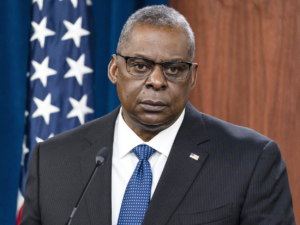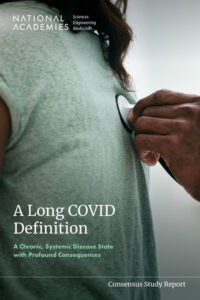I had loaned my body to America. That’s what the Navy doctor said, as he poked and prodded me in his office during my separation physical. After eight years in the Marines and two wars, I was in remarkably good shape, so I didn’t expect to receive any disability from the Department of Veterans Affairs. However, my doctor wasn’t entirely convinced. When he asked whether I suffered chronic pain from the grenade shrapnel in my back, I said no. When he asked whether I suffered blackouts or short-term memory loss after a handful of head-ringing encounters with improvised explosive devices, I again said no. Still, he recommended me for disability. The reason: hearing loss. I had passed my audiogram but, according to the doctor, that didn’t matter. Someday, I’d likely need hearing aids, he said, and the government had to budget for that. “You loaned society your body,” he said. “It’s our obligation to return it to you with interest.”
As Memorial Day approaches, we’ve been given cause to doubt the enduring quality of that national commitment, as the number of coronavirus-related deaths among military veterans, still incompletely reported, continues to rise. Last week the Department of Veterans Affairs reported that the death toll in V.A.-run hospitals had passed 1,000; that figure does not include the more than 550 deaths of patients in homes for veterans run by dozens of states that have overwhelmed a veterans’ care system already under stress. Last year, the Government Accountability Office reported768 deficiencies at 274 community-living centers and……..




